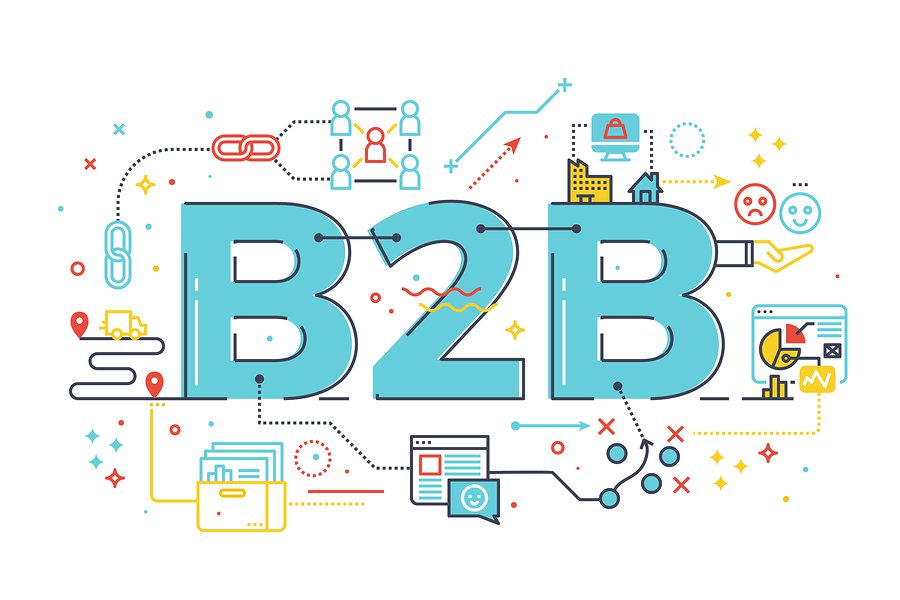Regardless of your business size, having effective waste management is very important. It doesn’t just show others that your business is trying its best to be efficient and sustainable, it can save you money.
From both an environmental and a financial perspective, you should factor waste management into your business plan. Each year it’s predicted that small businesses will spend around $384 on waste disposal, and that’s not including landfill tax and labour wastage. Producing less waste will reduce this substantially, and it’ll lower your carbon footprint. There are often lots of missed opportunities for businesses to lower their waste, here are a few to get your business started.
Refill your printer cartridges
Approximately 1.3 billion inkjet cartridges are used annually, but less than 30% of them are properly recycled. They take over 450 years to decompose, if you consider all the businesses that aren’t recycling them, that’s a lot of waste.
They’re easy and cost-effective to recycle, so they represent a simple solution to help you lower your waste. You can either refill them yourself, or you can return them directly to the manufacturer.
Many businesses are now paying for product returns after customers are finished using them, for example tins and bottle caps. They contain materials the manufacturers use, and it’s more cost-effective to repurchase them from customers than to purchase new ones.
Stop unwanted post from being delivered
Despite the majority of work being online or with technology today, many businesses still receive significant levels of post every day. In fact, in 2021 the number of addressed letters in the UK reached 7.8 billion.
Reducing your postal waste is a very efficient way to reduce the amount of paper waste. If you unsubscribe from mailing lists you’ll be surprised at how much unwanted post you won’t have to handle. You can also encourage those who you have written letter communication with to use email or telephone instead.
Eliminate bottled water
Following Covid, many businesses will have removed water machines from their premises to reduce transmission. Therefore it’s likely that many employees will be bringing their own water bottles to work, which is a step in the wrong direction for recycling.
Depending on restrictions around your business, you may want to consider reinstalling water fountains. Alternatively you can provide glasses or reusable water bottles for your staff. Bottled water costs around 2000 more times than tap water, and these man-made containers are not biodegradable. If you eliminate them in your business, you’ll be doing a service to the environment.
Introduce composting
Last year, the UK produced over 3.8 million tonnes of organic waste. Even if your business isn’t in the hospitality sector it’s likely that you’ll still produce a fair share of food wastage. Either from canteens, staff lunches or shop wastage.
If you’re in the position to, your business should consider composting. It’s becoming much more common in businesses, including offices. Composting means that you can cut your waste removal fees if organic waste isn’t included in your current waste disposal service. You will also save money on compost or plant food if your business has plants or gardens.
Reduce packaging
One third of waste in developed countries is from packaging alone. If your business is a substantial size or you receive a lot of deliveries, packaging is likely one of your biggest wastes. Not only is packaging a significant waste, most of it is made from materials such as plastic which either don’t biodegrade, or aren’t recycled properly.
Your business should consider where it can cut packaging, for example some items may be double or even triple-wrapped where they needn’t be. You may also be able to cut single-use containers or packaging all together.
Similarly, for your deliveries you might consider buying in bulk. This uses less packaging and will mean fewer delivery trucks on the road, so you’ll be cutting your carbon emission too.
Related posts
Quick Cook!
Business to Business Marketing – Its Variations in Strategy
Business to business and business to consumer marketing types have basically exactly the same fundamental concepts. Both choose target markets…
Recent Posts
- Brighten Your Home: A Comprehensive Guide to Smart Lighting Systems
- Insulate and Innovate: Discover the Best Types of Home Insulation for Optimal Energy Efficiency
- Chatbots Unveiled: Revolutionizing Customer Engagement in the Digital Era
- Pioneering the Path: Unveiling the Future Trends and Technologies Shaping Content Marketing
- Unveiling the Art of Marketing: Strategies for Success
Archives
- April 2024
- February 2024
- December 2023
- September 2023
- August 2023
- July 2023
- June 2023
- May 2023
- April 2023
- March 2023
- October 2022
- September 2022
- August 2022
- July 2022
- April 2022
- March 2022
- January 2022
- December 2021
- November 2021
- October 2021
- August 2021
- June 2021
- May 2021
- April 2021
- February 2021
- January 2021
- December 2020
- June 2020
- April 2020
- March 2020
- February 2020
- January 2020
- October 2019
- September 2019
- August 2019
- July 2019
- June 2019
- April 2019
- February 2019



